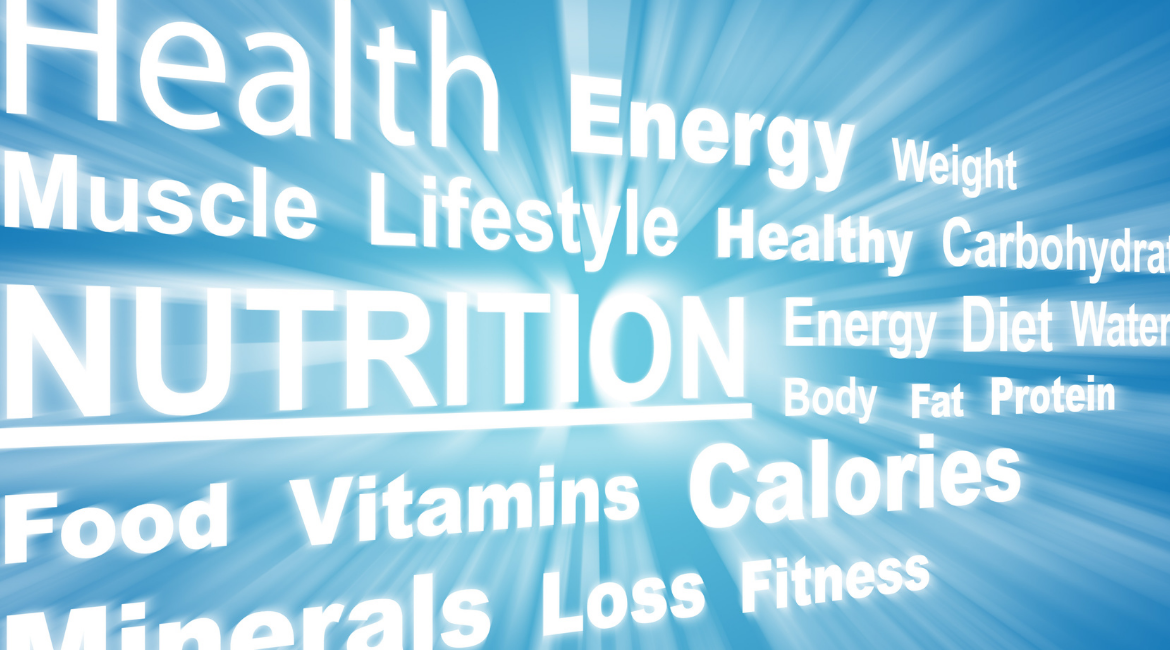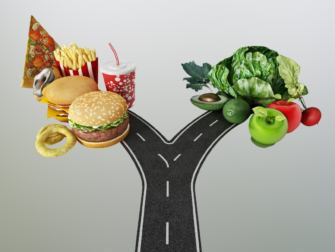Whether you are at your ideal weight or striving to reach your weight goal is it simply a matter of burning more calories than you take in? The answer, in my opinion, is no! Overall body health improvement as well as weight gain or loss must be factored into the equation or you could be heading for problems. Correct nutrition can help to reduce the risk of a myriad of health-related problems, the most scary of which are heart disease, poor gut health, and cancer. Proper nutrition, however, entails eating a variety of different foods and monitoring your consumption of some food and beverage items. Good diets offer balanced nutrition that reduces cholesterol, blood pressure,, maintains optimal digestive health, keeps inflammation levels down, and helps with weight control.
To function properly, your body must have the correct combination of nutrients:
Carbohydrates. They are the primary source of energy in your diet. The body uses carbohydrates to build glucose which can be used immediately or stored in your body for later. Too much glucose, however, is stored as fat. There are two types of carbohydrates – simple and complex. Sugars are simple carbohydrates. Starches and fibres are complex carbohydrates.
Proteins. Proteins help your body build and maintain muscles and other tissues. They also function in the creation of hormones. Like carbohydrates, excess protein is stored as fat. Animal and vegetable are the two major types of proteins. Too much animal protein can cause high cholesterol, as it is high in saturated fat.
Fat. Strange as it may seem; fat is another nutrient your body requires. It comes in both saturated and unsaturated forms. Saturated fat puts you at risk of health problems. Unsaturated fat is healthy, but if it goes through any type of refinement process, it can become saturated fat.
Vitamins. These are also required nutrients. Different vitamins perform different tasks within the body. They can work with your metabolism to help with energy levels for any task you can think of that you need your body to perform. It has also worth noting that certain vitamins can prevent disease.
For example, vitamins A, C, and E, also called antioxidants, can assist with the prevention of coronary artery disease by preventing the buildup of plaque on the artery walls. Vitamin B-1 is needed for digestion and proper nervous system function. Vitamin B-2 is needed for normal cell growth. Vitamin B-3 helps to detoxify your body. Folic acid assists with production of red blood cells. Vitamin D assists with the absorption of calcium. Vitamin K helps your blood clot.
Minerals and trace elements. These are another nutrient your body requires. Both are used in many different body processes. Minerals like chlorine help make your digestive juices. Phosphorus helps build strong bones. Both can be found in the foods we consume, but with a trace element, your body just needs a tiny amount. Salt is one final nutrient your body requires. You should not consume more than 2400 milligrams per day, though, as it might raise your blood pressure.
You should follow several guidelines to create a well balanced, nutritional diet. First, try to consume at least 5-7 servings of vegetables and fruit each day. When making your selections for each day, be sure to choose a good variety. A good rough guide is to eat as many different colours as possible, this will help you get a variety of nutrients from your diet.
In addition, you want to ensure you eat whole-grains everyday. Dairy products (or appropriate substitutes) should also be a part of your healthy diet. Full-fat dairy products are perfectly healthy to have in moderation as studies now conclusively demonstrate that the fat in dairy products do not cause high cholesterol, heart disease, or diabetes. Your fat intake can come from dairy products, lean meats, nuts, seeds, healthy oils, and avocados. Fiber-rich fruits, vegetables and whole grains should be a regular part of your diet as should potassium rich foods. Alcoholic beverages should only be consumed in moderation.
Excellent nutrition is the basis of a healthy diet. Along with having balanced nutrition, it should be in line with your body and digestion type. Ensuring you eat that only which you can digest.




[…] source https://illuminatedhealth.com/a-healthy-guide-to-good-nutrition/ […]